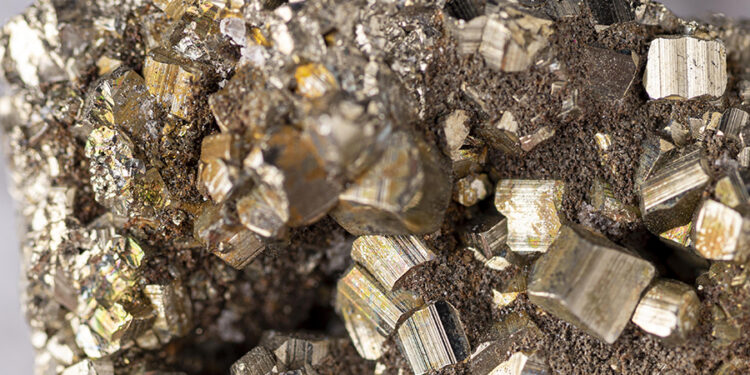- Geoffrey R. Pyatt, the Assistant Secretary of State for Energy Resources, expressed the United States government’s strong support for Nigeria’s interest in processing its mineral resources during an interview with Nairametrics on June 19.
- He emphasized that the US is not merely interested in resource extraction and exporting workers but wants Nigeria to succeed in its endeavors.
- The United States is committed to the idea that critical mineral resources should be produced in a manner that aligns with high environmental, social, and governance (ESG) standards and that countries possessing these resources should be involved in the entire value chain, including processing, rather than being solely paid for extraction.
Geoffrey R. Pyatt, the Assistant Secretary of State for Energy Resources has said that Nigeria’s interest in processing its mineral resources is strongly welcome by the United States government.
He said this during an interview with Nairametrics on June 19.
According to him, the US government is not a country looking to just extract resources and export workers, the country wants Nigeria to be successful. He also highlighted the fact that the United States is strongly committed to the principle that critical mineral resources need to be produced in a way that has high ESG adherence and offers huge benefits to the countries that possess those mineral resources.
This is because countries that possess mineral resources need to be involved in the whole value chain instead of being paid some money and the minerals are extracted and they are not involved in the processing.
He said:
- “If we look at 50 years from now, there will no longer be big tanks carrying crude oil around the world. There may be a little trade in natural gas, what we will need are a lot of critical mineral inputs. So, if we look at current growth trends, by 2040, demand will reach 42 times the amount of lithium available.
- “Meanwhile, there will also be huge spikes in the demand for cobalt as well as for nickel and copper. We must be wary of getting ourselves into a situation where we all become dependent on one country for these critical minerals.”
More Insights
The Minister of Mines and Steel Development under the Buhari administration, Olamilekan Adegbite pushed for Nigeria to be involved in the processing of minerals that are often exported to countries like China. This move is necessary because the Nigerian people are shortchanged meanwhile, rich countries take away the raw minerals, process them and create employment for their citizens before selling finished products to manufacturers of electric vehicles and other products that Nigerians still have to buy.
During the interview with Nairametrics, Pyatt said that Nigeria’s interest in creating and sustaining a minerals processing value chain in the country is strongly welcome. He pointed out that the United States has an initiative launched with 12 countries in the European Union called the Mineral Security Partnership which composes of countries that are mineral off-takers, who are committed to creating an alternative business model.
He also highlighted the need for recycling because the world is going to need battery minerals so there is a need to figure out a way to recycle and reuse.













I think Minster of Mines needs to be a bit more honest about what is preventing Nigeria from moving up the value chain.
Stable power supply is a prerequisite for energy-intensive mineral processing, which Nigeria presently lacks. Furthermore, rich countries aren’t solely “taking away raw minerals”; Nigeria’s challenge lies in the absence of a comprehensive industrial policy and a dedicated political class committed to developing its processing and manufacturing sectors alongside its natural resources and extractive industries.
The challenges faced in moving up the value chain can be seen in the oil processing and refinery sector, which has been detrimental to Nigeria’s economic interests. Or better yet with Ajaokuta Steel, which is under the purview of this outgoing Minister of Mines.
In many cases, the biggest obstacle to Nigeria’s progress in leveraging its natural resources to its fullest industrial potential is the Nigerian state itself.